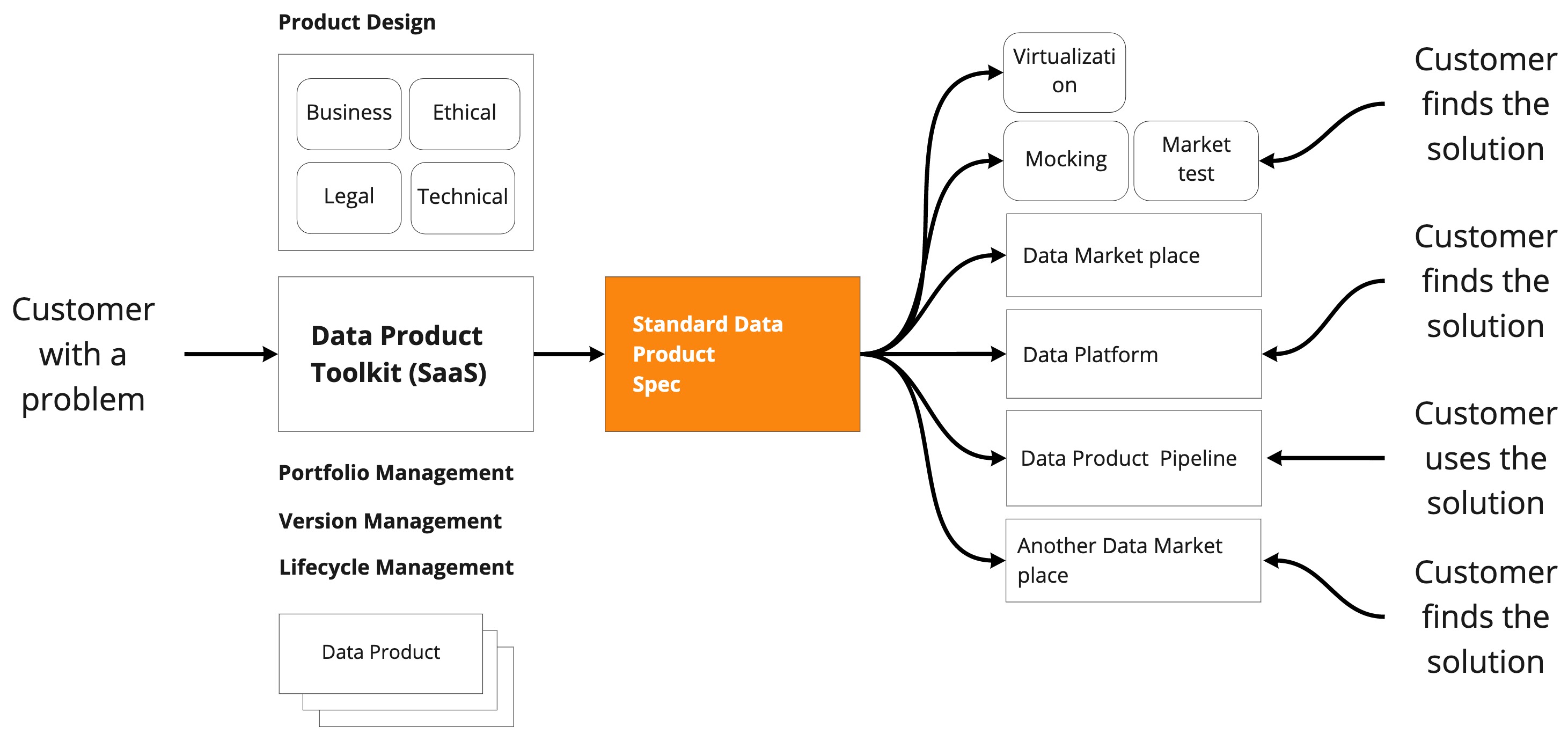The Open Data Product Specification is a vendor-neutral, open-source machine-readable data product metadata model. It defines the objects and attributes as well as the structure of digital data products. The work is based on existing standards (schema.org), best practices and emerging concepts like Data Mesh. The reasoning is that we reuse and proudly copy instead of reinventing the wheel. More detailed information of the origin can be found from the Open Data Product Specification homepage.
- enable interoperability between organizations, data platforms, marketplaces, and tools.
- reduce data product metadata conversions and errors between systems and organizations,
- increase the speed of designing, testing, and implementing data products.
- speed up tools development around data product design, development and management.
- enable creation of automated data product deployment with standard methods (DataOps)
Note! In the "Open Data Product" focus is on the latter words and the prefix 'open' refers to openness of the standard. Any kind of connotations to open data (different thing) are not intentional, intended or desirable.
- ...
If you've got questions about setup, deploying, special feature implementation in your fork, or just want to chat with the developer, please feel free to start a thread in our Discussions tab!
Found a bug with upstream Slate? Go ahead and submit an issue. And, of course, feel free to submit pull requests with bug fixes or changes to the dev branch.
Open Data Product Specification 1.0.0. was built by Jarkko Moilanen (initial creator) and Jussi Niilahti. The project is now maintained by the same persons.

